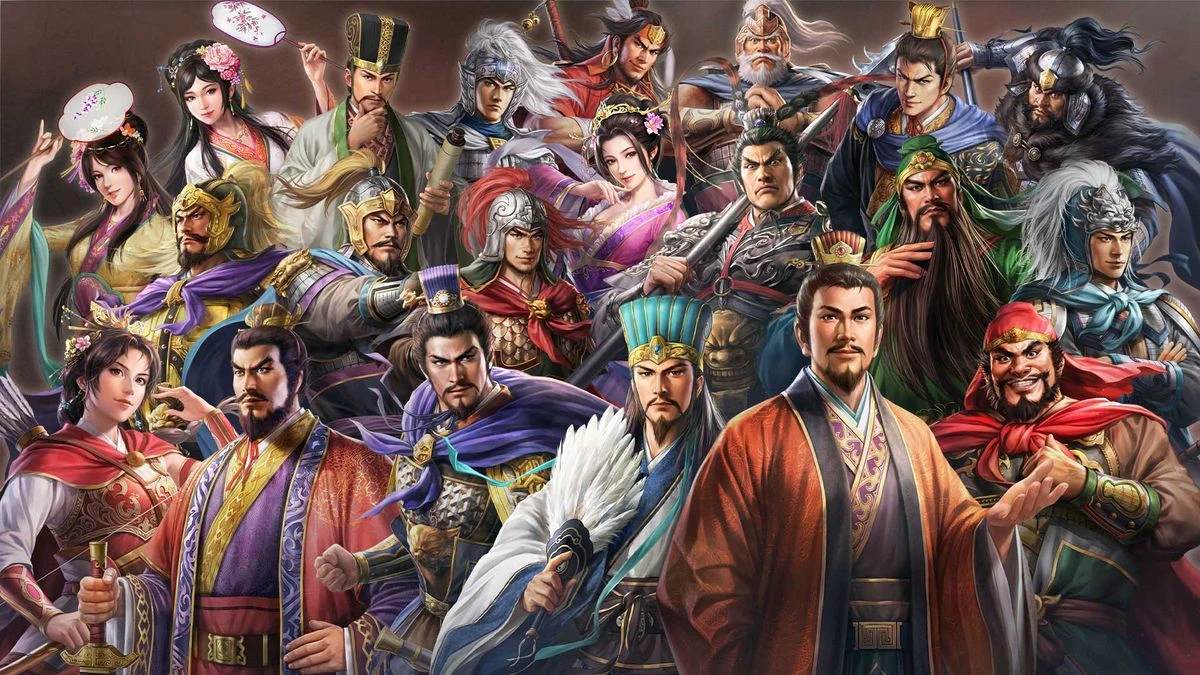Twitch has made the expected changes to its 'politics and social issues' rules. However, nobody is happy about them.
Twitch has changed its policy less than a week following the implementation of a new rule that requires streams covering "politics, sensitive social issues and other content" to be tagged with a classification. This now excludes streamers who talk about their "lived experiences."
Twitch posted on X that "We have updated our policy language in order to better clarify what content needs a "Politics & Sensitive Issues" Content Classification Label" (CCL). "We want to be clear that you do not need to label your streams if you are talking about your own lived experience. This is made clearer in the CCL guidelines. We've clarified that labels are only required when the topic of the stream is listed.
"Our goal, as with all CCLs, is to provide viewers and brands with more information about what's going on in a specific stream so that they can decide what to watch and how to engage."
The original policy on sensitive material was implemented after a week of escalating claims of Islamophobia on the platform. This led to a two-week suspension of Zack "Asmongold", a streamer from the Arab world, for a racist tirade directed at Palestinians.
Twitch CEO Dan Clancy stated at the time, "There is no place on Twitch" for racism, hate, or harassment of all kinds, including antisemitism, and Islamophobia. But the new rules enraged LGBTQ+ streamers who were angry that their very existence was suddenly deemed "political." They were also worried that they would lose revenue because advertisers will avoid streams with warning labels. This is true regardless of the reason for their application.
The updated rules aim to address these concerns. The original guidelines cited two examples of sensitive content: "discussing ideologic or socio-political viewpoints on topics such as gender, race or sexuality" and "discussing a sensitive social issue like reproductive rights, LGBTQ+ or immigration legislation." These examples have been removed. The original guidelines have been replaced with a single bullet stating that a warning label must be displayed for "streams that discuss topics such as gender, race or sexuality in a polarizing manner."
It's a slight improvement, if only for the fact that it removes the explicit politization of reproductive rights and LGBTQ+ rights - human rights, in other terms - and immigration. But it doesn't appear to have calmed down the waters. Many replies to the announcement made on X saw the update as a slight change in language but not in substance, since it still focuses on the LGBTQ+ community. There are also concerns about who will decide on what is "polarizing" or "inflammatory". One commenter stated that right-wing Twitch users will perceive and report trans people advocating for their rights as such.
Twitch announced updated rules after closing comments on a post in the UserVoice feedback forum that called for the removal of the "sensitive social issues bullet point". The post received more than 38 000 votes before Twitch closed them. A new post asking for the bullet point to be "removed, not clarified" is now live. It has so far received more than 2,200 vote.
The post says: "It does not matter how much you clarify the point of the last two bullets. They are not suitable for the political category, especially when compared to the other things in that category." "Putting in the rights of people exposes marginalized groups to hatred and bigotry.
"At what stage does something become 'too personal' or 'too politically'? Is it personal or political if a streamer says that their right to an abortion is being taken away from them where they live? It's all subjective. Is it 'fact-based' for a transgender person to talk about their experiences with HRT? Who decides? Who determines this?
Twitch's efforts at moderating political content comes as the platform faces increasing pressure from both streamers and outside organizations regarding how it handles speech about Israel and Palestine.
"I believe that the implementation of a different category for politics to combat antisemitism, is a flawed premise," said streamer Austin "Gremloe MacNamara" to Aftermath. "Existence is a political act, especially when you are a minority in a space dominated by white men.
"If Twitch was serious about combating hate speeches on the platform, then the five banned Arab content producers are the perfect group of people to talk to about it. All of them have begged Twitch for years to add [Middle East North Africa] to the Twitch Census data, but to no avail. It's cynical and cowardly.
Ironically, some of its current problems could have been avoided had Twitch not decided to define LGBTQ+ as political. But it did. And now we're here, and I strongly suspect - as I did when new rules were first introduced - that this won't end well.




Comments